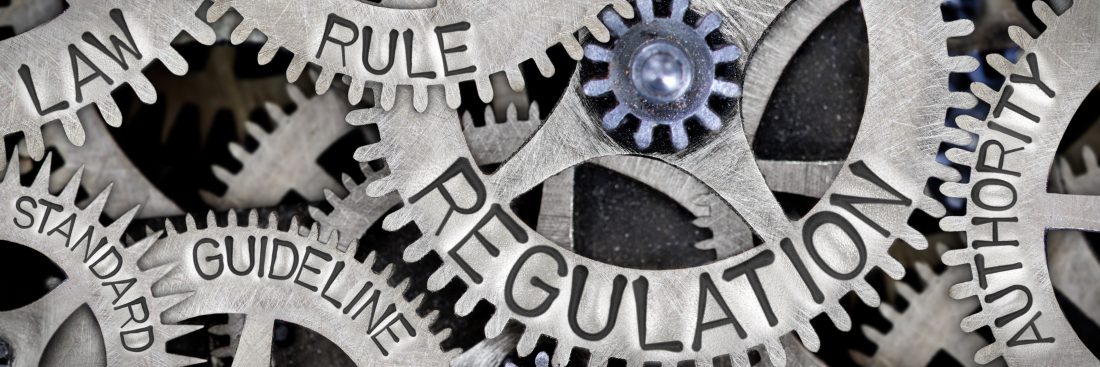


Regulating the flow of cryptocurrencies through centralised exchanges such as Coinbase and Binance was easy for regulators. They made sure that these centralised platforms and the companies operating it were complying with anti-money laundering laws and “know your customer” requirements.
So, even though cryptocurrencies are decentralised, the use of it on centralised platforms made regulations simpler. But the real challenge is the rapidly growing sector of the blockchain and crypto space — decentralised finance.
Ever since decentralised finance, or DeFi, started gaining traction, regulators have had a hard time finding a way to spot and curb illegal activities. The lack of a central entity that controls these DeFi platforms leave regulators with little choice as to who they should hold accountable for the movement of funds.
Let’s see what regulators are currently doing to try and regulate DeFi applications
The regulator’s dilemma
DeFi seems to have taken crypto back to 2017 when there were no specific regulations for crypto and the industry suddenly exploded with new projects and huge fundings. Now that regulators are back at the same crossroads, they are looking for ways to regulate the DeFi applications.
As DeFi is decentralised and permissionless with no KYC requirements, it has been difficult for regulators to form regulations to govern the activities.
The United Kingdom’s financial watchdog, the Financial Conduct Authority, has kept tabs on DeFi projects. The DeFi lending and borrowing protocol Aave recently received a license to operate as an Electronic Money Institution in the country. This has shown some optimism for supportive DeFi regulations in the U.K.
On the other hand, the United States’ Securities and Exchange Commissioner Hester Pierce, or “Crypto Mom,” expressed that the regulators are still confused as to whether they should treat the governance tokens on DeFi as security offerings or not. She said these tokens had equity-like features, but there is still uncertainty about their regulatory structure and how they could affect corporate governance.
Can Regulators Restrict DeFi?
Practically, no, there is no way regulators can directly ban or prohibit decentralized finance system. That is because unlike centralized platforms, DeFi applications do not have centralised servers that governments or regulators can control.
For example, regulators from different jurisdictions can easily restrict access to certain traditional applications and websites on the internet. The Chinese government has put a ban on most products from Google. Similarly, India recently banned many mobile applications created in China.
The same is not possible with DeFi. The best that regulators can do is criminalise the use of DeFi application. That would restrict people from using those applications and impose a fine for those who still use them. But the decentralized applications will still be fully functional in those regions. And with that, the illegal usage of those applications may still exist. The better and more viable option for regulators would be to set a regulatory framework and monitor the DeFi space for illegal activities.
The way forward
There’s possibly no way regulators can take down decentralised finance protocols or ban them once they are deployed. This is because there is no central server they can target or disrupt. They may criminalise the overall use of DeFi protocols, prohibiting people from using it and hindering innovation. Or, they can come up with ways to track illicit transactions in the decentralised world.
The regulators may have a higher chance of fighting crimes involving cryptos if they were to choose the latter. That is because compared to tracking cash transactions, tracking crypto transactions would be easier as blockchains record all transaction data publicly.

Leave a Reply